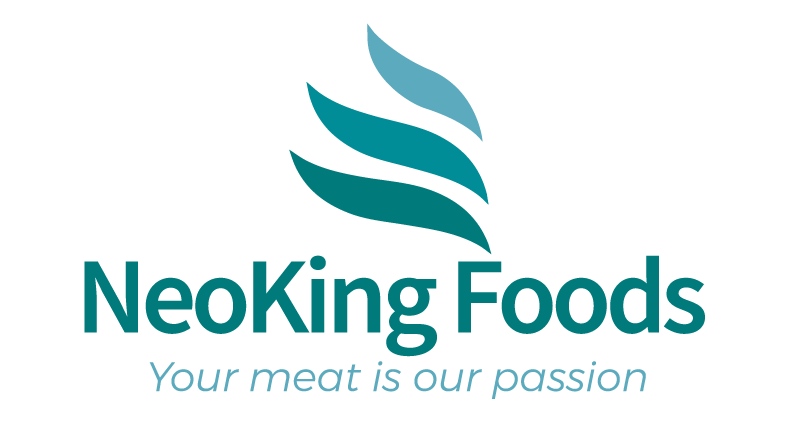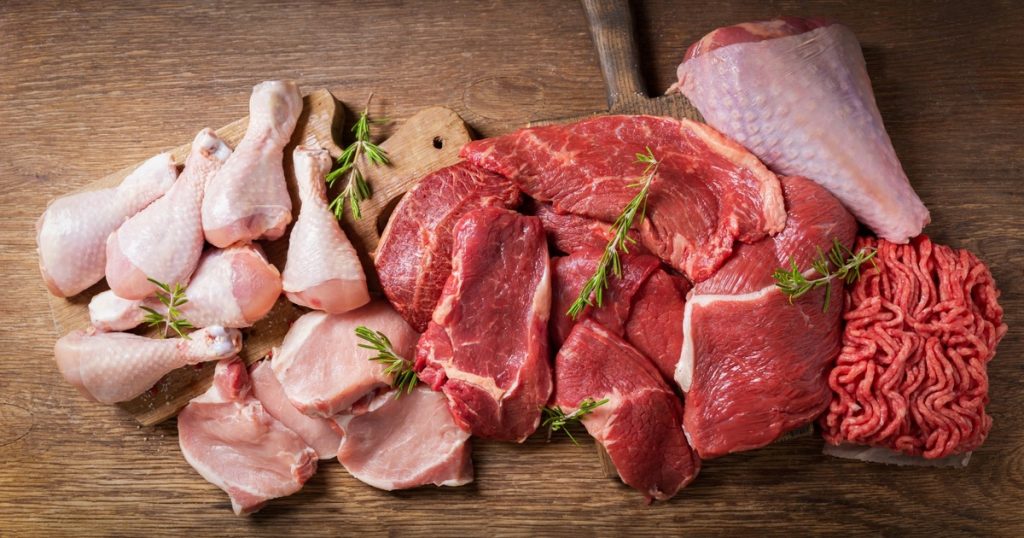A new OECD/FAO report projects that global meat consumption will rise by 47.9 million tons between 2025 and 2034, equivalent to an annual per capita increase of 0.9 kg. This projection reinforces the central role of animal protein — especially poultry — in the future of agribusiness.
🐔 Poultry at the Forefront
The report indicates that poultry will drive most of the growth, expanding by 28.5 million tons. The reasons: affordability, nutritional benefits, and a lower environmental impact compared to other proteins.
🌍 Regional and Global Projections
-
Global meat production is expected to reach 406 million tons by 2034, a 13% increase compared to the baseline period.
-
Asia will account for about 55% of this growth, led by China, India, and Vietnam.
-
Latin America will also expand, leveraging its advantages in genetics, land, feed, and production expertise.
🌱 Sustainability and Challenges
While production grows, greenhouse gas emissions linked to livestock are expected to rise 6%, lower than the 13% production increase, reflecting efficiency gains.
In developed countries, per capita beef and pork consumption is projected to stagnate or even decline, while poultry rises as the more sustainable choice.
The report also highlights risks: animal disease outbreaks (avian flu, African swine fever, foot-and-mouth disease), climate policies, carbon taxes, and restrictions on antibiotic use — all factors that could reshape costs and competitiveness.
🚀 Implications for Neoking Foods
For Neoking Foods, these projections highlight the importance of continuing to invest in:
-
poultry and complementary protein expansion and innovation;
-
sustainable certifications and traceability;
-
efficient logistics and global partnerships;
-
differentiation through environmental responsibility and compliance.
In a global context where demand for accessible and sustainable protein continues to grow, being well-positioned means leading the future of the meat industry.


